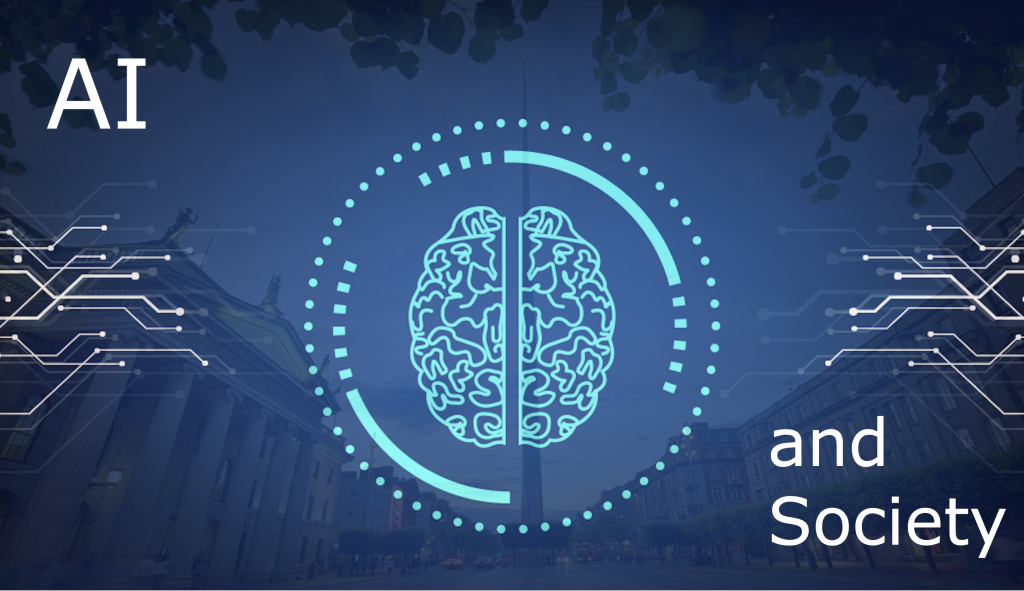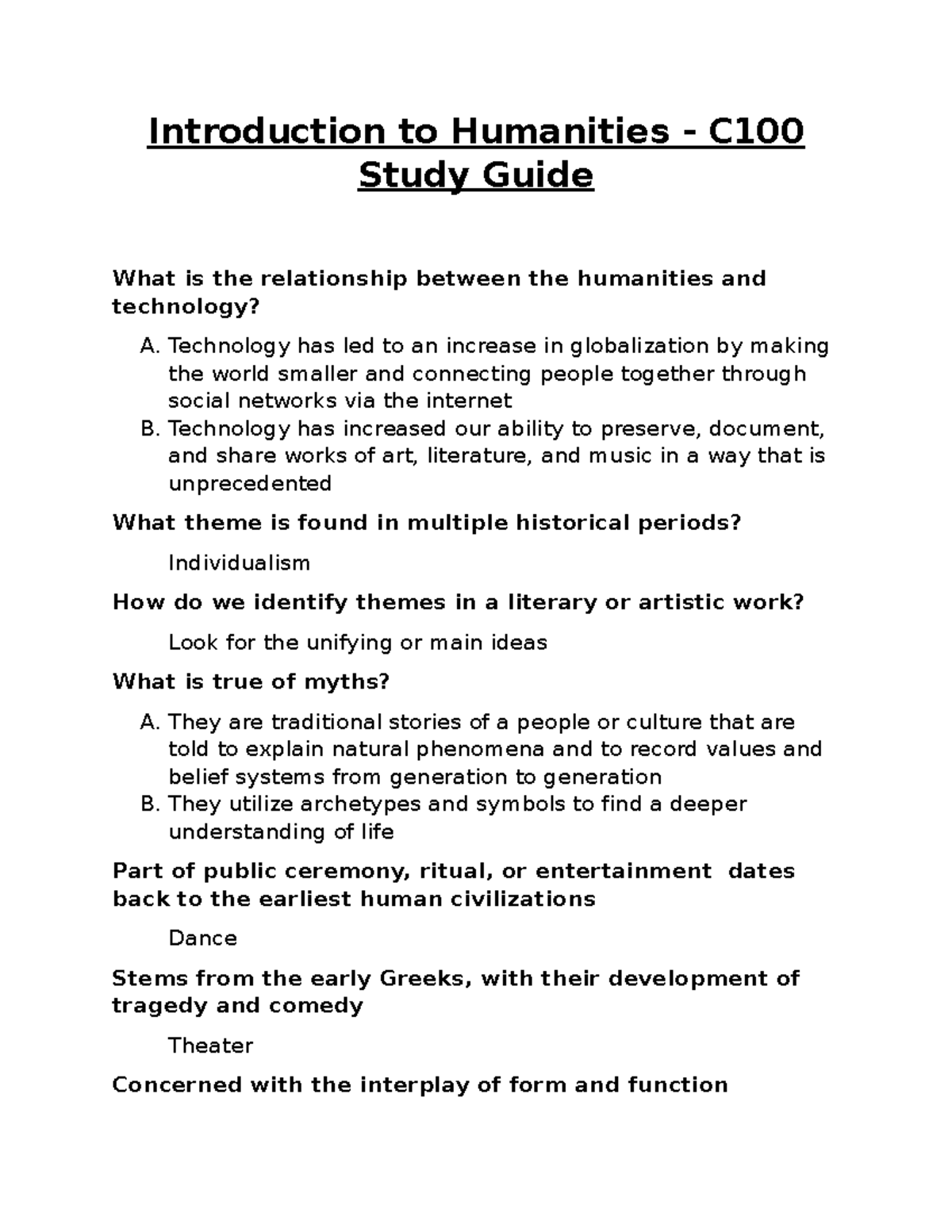AI and social justice intersect in profound ways that reflect our society’s values and priorities. As we navigate the complexities of the future of AI, we must critically examine how artificial intelligence impacts marginalized communities and shapes our understanding of ethics in technology. Renowned sociologist Ruha Benjamin emphasizes that while AI is often touted as a solution for social advancement, its implementation can inadvertently perpetuate existing injustices. By recognizing this potential, we can advocate for a more equitable approach to social justice and technology, ensuring that the benefits of AI reach those who need them most. In this ongoing dialogue, it becomes clear that technology should not only be efficient but also ethically sound and inclusive.
The dialogue surrounding artificial intelligence’s role in equity and fairness continues to evolve as we explore its implications for societal progress. Understanding the relationship between technology, fairness, and marginalized groups is crucial for fostering a just future. Thought leaders in social sciences and technology often urge a re-evaluation of how we integrate societal values into technological advancements. With a focus on fairness and community impact, we must consider the underlying frameworks that govern our technological choices. This conversation invites us to rethink conventional wisdom about innovation and to prioritize solutions that uplift all segments of society.
The Ethical Implications of AI in Society
As AI technology advances, understanding its ethical implications has become paramount. Ruha Benjamin emphasizes that the development of AI should not solely be in the hands of tech elites who may prioritize profit over people. The ethical concerns surrounding AI touch various aspects of society, including its role in exacerbating existing inequalities. For instance, AI systems that rely on historical data can reinforce discriminatory practices, thereby perpetuating the biases they were designed to mitigate. By integrating discussions about ethics in technology at every stage of AI development, we can ensure that these systems serve the collective good rather than amplify the voices of the privileged few.
Moreover, the conversation around the ethics of AI prompts us to examine who is included in the design and implementation of these systems. The voices and perspectives of marginalized communities are often underrepresented in tech discussions, leading to solutions that may neglect their needs. Ethical AI must include diverse stakeholders who can offer insights into how technology impacts different segments of society. Thus, incorporating social justice into AI is vital for creating a future that respects human dignity and promotes equity.
AI and Social Justice: Reimagining Technology for All
In her lectures, Ruha Benjamin asserts the importance of reimagining AI through the lens of social justice. This entails considering how technology can be leveraged to uplift marginalized communities instead of disenfranchising them further. For example, AI can play a significant role in areas like education and healthcare, but only if it is designed inclusively and with awareness of systemic biases. Rather than merely enhancing efficiency, AI should strive to foster equality and support those in need. Benjamin challenges us to rethink what we consider ‘progressive’ technology by focusing on its potential to create equitable opportunities for all.
Furthermore, Benjamin advocates for a broader narrative surrounding AI that includes creativity and imagination, essential components often overlooked in technical discussions. By inviting creative thinkers and diverse voices into conversations about the future of AI, we can develop more holistic solutions that address societal problems at their core. This approach also encourages collaboration across disciplines, integrating ideas from arts and humanities to enrich our understanding of technological impacts on human lives. In doing so, we can envision a future where AI contributes positively to society without perpetuating cycles of discrimination and injustice.
The Role of Education in Shaping Ethical AI
Education plays a crucial role in shaping the future of AI and determining how ethical considerations are prioritized in its development. Ruha Benjamin urges educational institutions to foster an environment where exploration and critical thinking are central to the curriculum. By incorporating subjects from the arts and humanities into technology education, students can understand the broader cultural and social implications of their work. This multifaceted approach equips future technologists with the tools to design AI systems that address human experiences and values.
Additionally, emphasizing ethical education in AI can prepare students to think creatively about societal challenges. Benjamin reiterates that the future does not have to be dystopian; instead, it can be an era of radical imagination and transformation. By encouraging students to develop solutions that move beyond traditional technological frameworks, we enable them to envision systems that inherently prioritize justice and equity. This holistic education will empower a generation of leaders capable of safeguarding human dignity in the face of technological advancement.
AI’s Influence on Marginalized Communities
The intersection of AI and marginalized communities reveals significant disparities in how technology is developed and implemented. Ruha Benjamin highlights that while AI holds potential for progress, it often fails those who are most vulnerable. Technologies such as facial recognition and predictive policing can disproportionately impact marginalized groups, leading to harmful outcomes like wrongful arrests and stigmatization. Addressing these challenges requires a critical analysis of who benefits from AI advancements and who suffers from their unintended consequences.
To truly harness AI as a force for good, it is imperative to involve marginalized communities in the conversation around its creation and deployment. By employing inclusive practices, developers can ensure that AI solutions address real-world issues faced by these populations. Furthermore, advocating for policies that regulate AI usage in ways that protect marginalized communities is essential. Only then can we aim for a future where technology uplifts all society members, bridging the gap created by inequitable systems.
Creative Approaches to Technology and Society
Ruha Benjamin calls for a shift from viewing technology strictly through the lens of efficiency to embracing creativity in its application. This perspective acknowledges that technologies can be reimagined to serve societal needs beyond mere functionality. By fostering an environment in which creative thinkers collaborate with technologists, we can explore innovative solutions that challenge systemic injustices. For instance, rethinking how AI is deployed in public services, such as transportation and housing, could lead to models that advocate for accessibility and equity.
Additionally, Benjamin emphasizes the importance of artistic engagement in this conversation. Using art as a means to critique and envision technology fosters a deeper understanding of its societal impact. It compels us to question not only how technology serves us but also how it reflects our values. Therefore, integrating artistic perspectives into the tech world can result in more empathetic designs that resonate with broader human experiences, encouraging a shift toward a more just society.
Rethinking Progress in the Technological Age
The dominant narrative around technological progress is often framed in terms of efficiency and advancement, but Ruha Benjamin invites us to question this premise. She challenges the idea that futuristic visions—such as AI-driven cities or colonization of Mars—should define our goals. Instead, Benjamin advocates for redefining progress to include fundamental human needs, such as accessible healthcare, housing, and educational opportunities. By reorienting our understanding of what constitutes progress, we can create technologies that genuinely benefit society as a whole.
This rethinking of progress also ties into the need for a critical examination of the motives behind technological initiatives. Often, the allure of innovative technology masks underlying self-serving interests among tech elites. By promoting transparency and involving communities in the technology design process, we can foster more equitable outcomes. Progress should not only reflect advancements in efficiency but also a commitment to improving human life and enriching communities at large.
Visionary Futures: AI and Imagination
Imagining a future shaped by AI and social justice involves rethinking the way we perceive technology’s role in our lives. Ruha Benjamin emphasizes the critical need to expand our collective imagination to envision a world free from oppression sustained by technological advancements. This encompasses dismantling conventional ideas about technology as solely a tool for control and instead seeing it as a means for liberation. By actively engaging in these critical discussions, we cultivate a culture that values imagination and encourages us to dream up equitable futures.
Engaging with artists, scholars, and activists can further enrich this vision. Their contributions can provide insights into how technology can enhance human creativity and foster diverse expressions of identity. Allowing these voices to shape the narrative around AI encourages underrepresented perspectives that have historically been excluded from technological conversations. In doing so, we create a collaborative landscape where visionary ideas can pave the way for a more inclusive and just technological landscape.
Disrupting the Narrative: AI and Human Values
The conversation surrounding AI often seems dominated by narratives that glorify technological advancements above all else. Ruha Benjamin urges us to disrupt this narrative by centering human values and ethics in discussions about AI’s future. Reassessing what we prioritize—not just efficiency but also equity and justice—can fundamentally reshape how AI is developed and deployed. Valuing human experiences over cold algorithms ensures that technology serves to enhance our lives rather than diminish our rights.
Critical reflection on these narratives also means acknowledging the historical context in which technologies emerge. Much like the eugenics movement has shaped our current understanding of societal value and morality, AI advancements must be scrutinized for their potential to replicate harmful ideologies. By advocating for a renewed focus on human-centered design and questioning prevailing narratives, we can champion innovations that align with the principles of social justice and ethical responsibility.
Collaboration Across Disciplines: The Future of AI
Ruha Benjamin highlights the importance of interdisciplinary collaboration in shaping the future of AI. Engaging with experts from diverse fields—including sociology, anthropology, arts, and technology—enables us to draw insights that enhance our understanding of how AI impacts various facets of society. This collaborative approach ensures that solutions to societal issues are nuanced and reflect the complexities of human experience, rather than being driven solely by technical efficiency.
Moreover, by embracing interdisciplinary dialogues, we can challenge the narrow definitions of expertise that often dominate tech innovation. Benjamin advocates for incorporating voices from communities affected by technological disparities, ensuring that their perspectives are integral to the solution-building process. These collaborations can lead to richer, more inclusive designs that align with societal needs and strive for social equity, transforming AI from a tool of oppression into one of liberation and empowerment.
Frequently Asked Questions
How can AI contribute to social justice and technology?
AI can drive social justice by ensuring equitable access to technology, addressing systemic biases, and empowering marginalized communities. By integrating ethical considerations into AI development, we can create systems that uplift rather than oppress.
What role does Ruha Benjamin see for ethics in technology regarding marginalized communities?
Ruha Benjamin emphasizes that ethics in technology is crucial for protecting marginalized communities from biases inherent in AI systems. By understanding historical injustices, developers can create algorithms that promote fairness and inclusivity.
What are the potential risks of AI as highlighted in discussions about social justice?
Discussions about social justice often highlight risks such as increased surveillance, biased algorithms, and the reinforcement of existing inequalities. These risks necessitate a critical examination of AI applications to ensure they do not perpetuate oppression.
How can the future of AI align with the principles of social justice?
The future of AI can align with social justice principles by prioritizing accountability, transparency, and community involvement in AI design and implementation. This approach helps ensure technologies serve to advance equity rather than deepen divides.
In what ways can creativity and imagination influence the development of AI for social good?
Creativity and imagination can influence AI development for social good by encouraging innovative solutions that challenge the status quo. By rethinking current technologies, we can envision and create alternatives that actively promote social justice.
How does Ruha Benjamin challenge conventional views on AI and its impact on society?
Ruha Benjamin challenges conventional views by arguing that AI technologies are often portrayed as morally neutral, while they can reinforce systemic injustices. She advocates for a more nuanced understanding that incorporates social and historical contexts.
What is the significance of community involvement in the ethical design of AI technologies?
Community involvement is significant in the ethical design of AI technologies as it ensures diverse perspectives and needs are considered. This participatory approach fosters trust and accountability, ultimately leading to better outcomes for all societal segments.
Why is it essential to rethink conventional AI narratives in light of social justice?
Rethinking conventional AI narratives is essential because they often overlook the socio-political implications of technology. By integrating social justice into AI discourse, we can ensure that innovations promote equality and safeguard against discrimination.
What lessons can we learn from the eugenics movement regarding AI and marginalized communities?
The eugenics movement teaches us the dangers of basing societal decisions on flawed data and biases. In the realm of AI, it underscores the importance of ethical considerations to prevent technologies from reinforcing historical inequalities.
How can multidisciplinary approaches enhance the development of AI technologies aimed at social justice?
Multidisciplinary approaches can enhance AI technologies by bringing together insights from the arts, humanities, and social sciences. This enrichment helps developers understand societal impacts and creates more equitable technology solutions.
| Key Points | Explanation |
|---|---|
| Radical Imagination | Ruha Benjamin encourages people to envision a radically different future, contrary to the dystopian narratives often promoted. |
| Critique of Tech Elites | Benjamin argues that tech billionaires are unreliable stewards of social well-being, driven by self-interest rather than altruism. |
| AI and Oppression | Technologies marketed as progressive often exacerbate oppression, as seen in the misuse of facial recognition and automated healthcare systems. |
| Math vs. Social Understanding | Benjamin warns that relying solely on algorithms, without considering social contexts, can harm marginalized groups. |
| Reimagining Knowledge | She advocates for including diverse perspectives beyond technical expertise in tech development. |
| Emphasis on Arts and Humanities | Benjamin calls for universities to prioritize creative approaches in tackling societal issues. |
| Invitation to Creativity | Benjamin encourages society to not just reduce harm but to completely reimagine systems for a better future. |
Summary
AI and social justice are crucial themes in today’s discourse about technology and society. Ruha Benjamin’s insights highlight the necessity for a deeper understanding of the social implications of AI technologies. By questioning the simplistically altruistic narratives that surround AI, she urges us to embrace a broader creativity and to democratize the knowledge needed to address pressing social issues. As we contemplate the future of technology, we must prioritize humanistic values and the diversity of perspectives that shape our communities, ultimately guiding us toward a more equitable future.


